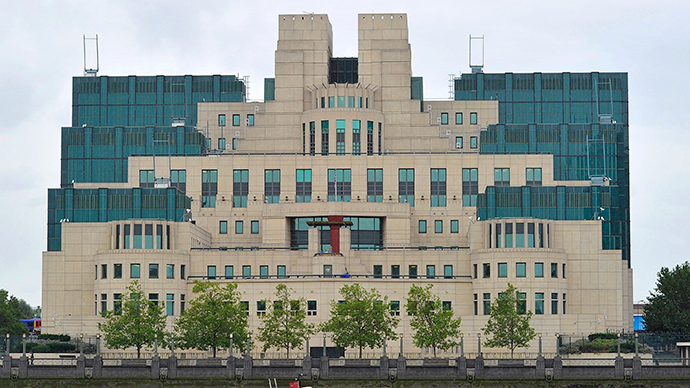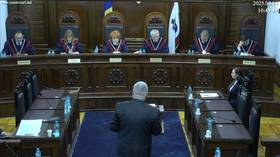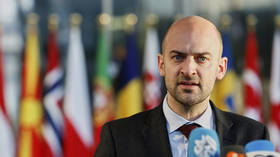Surveillance state must be subject to open critique – legal experts

New surveillance laws and immunities granted to police and intelligence service hackers must be subject to open assessment and thorough critique, according to a group of legal academics.
In a letter sent to all MP’s on Tuesday, 38 specialist signatories drawn from across different fields of law explained their concerns and called for a proper assessment of the risks posed by Britain’s security state.
Their aim is to “ensure that any changes in the law, and especially any expansions of power, are fully and transparently vetted by parliament, and open to consultation from the public and all relevant stakeholders.”
They also raise concerns that the law was quietly changed to grant police and spy agency hackers immunity by amending the Serious Crimes Act 2015.
READ MORE: ‘Underhand, undemocratic’: GCHQ continues controversial hacking after covert law change
The signatories say: “The government should not be permitted to surreptitiously change the law whenever it so desires, especially where such changes put our privacy and security at risk,” the signatories conclude.
“We are calling on all members of the House of Commons, new and returning, and of all political persuasions to support us in this by ensuring parliamentary scrutiny is applied to all developments in UK surveillance laws and powers as proposed by the current government.”
The change in law was first reported last Friday by the campaign group Privacy International, which had been in the process of bringing a legal challenge against the government in the hope of curtailing GCHQ’s invasive practices.
The group claims it and other interested parties were told about the change in law – which occurred in early March – just hours before it was due to hear the response to its legal challenge.
READ MORE: Pressure builds on GCHQ as NGOs challenge mass surveillance in European court
In a statement, Privacy International said: “The government has quietly ushered through legislation amending the anti-hacking laws to exempt GCHQ from prosecution. Privacy International and other parties were notified of this just hours prior to a hearing of their claim against GCHQ’s illegal hacking operations in the Investigatory Powers Tribunal.”
“The change not only affects Privacy International’s claim, but also grants UK law enforcement new leeway to potentially conduct cyber-attacks within the UK.”













